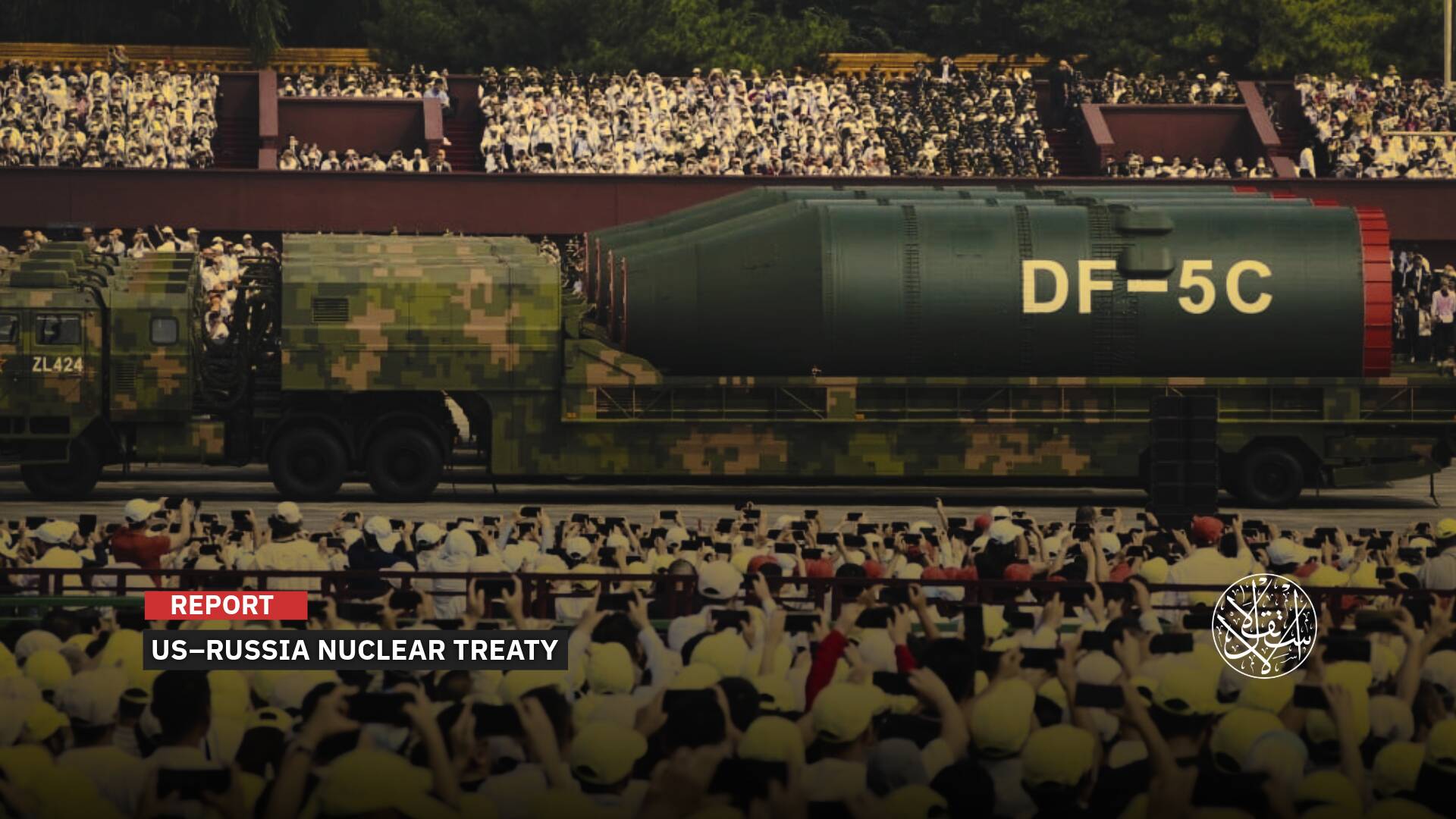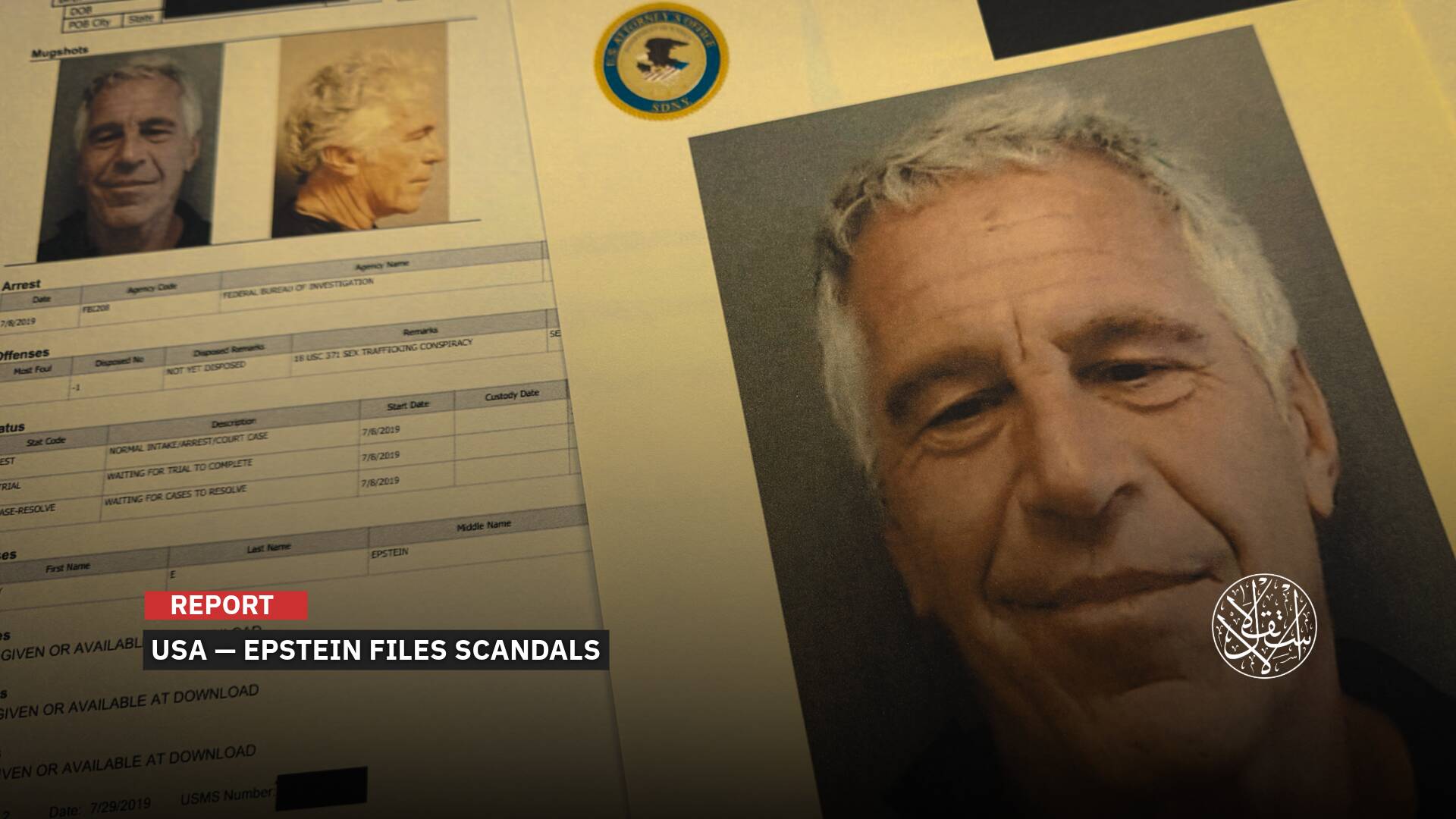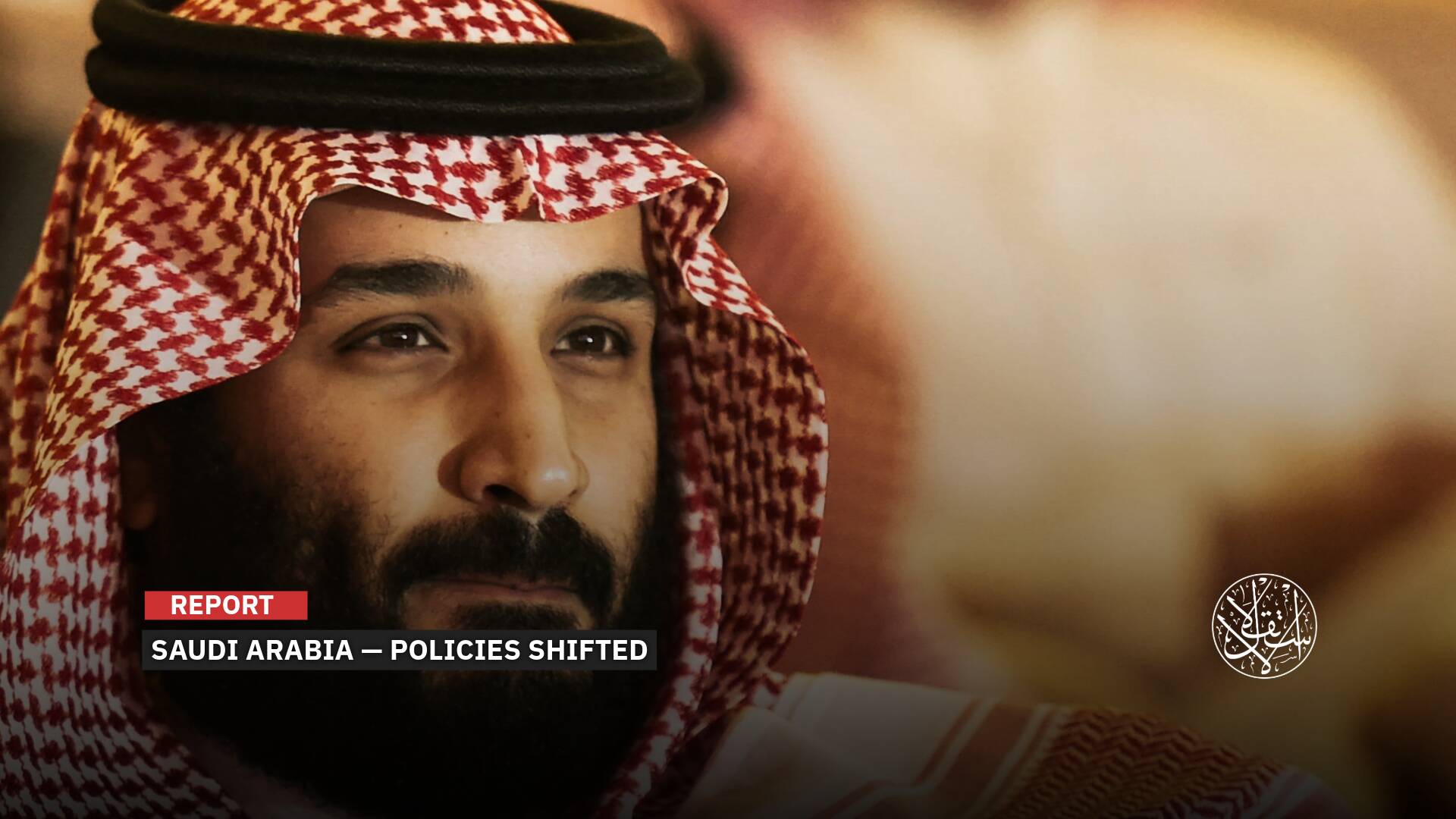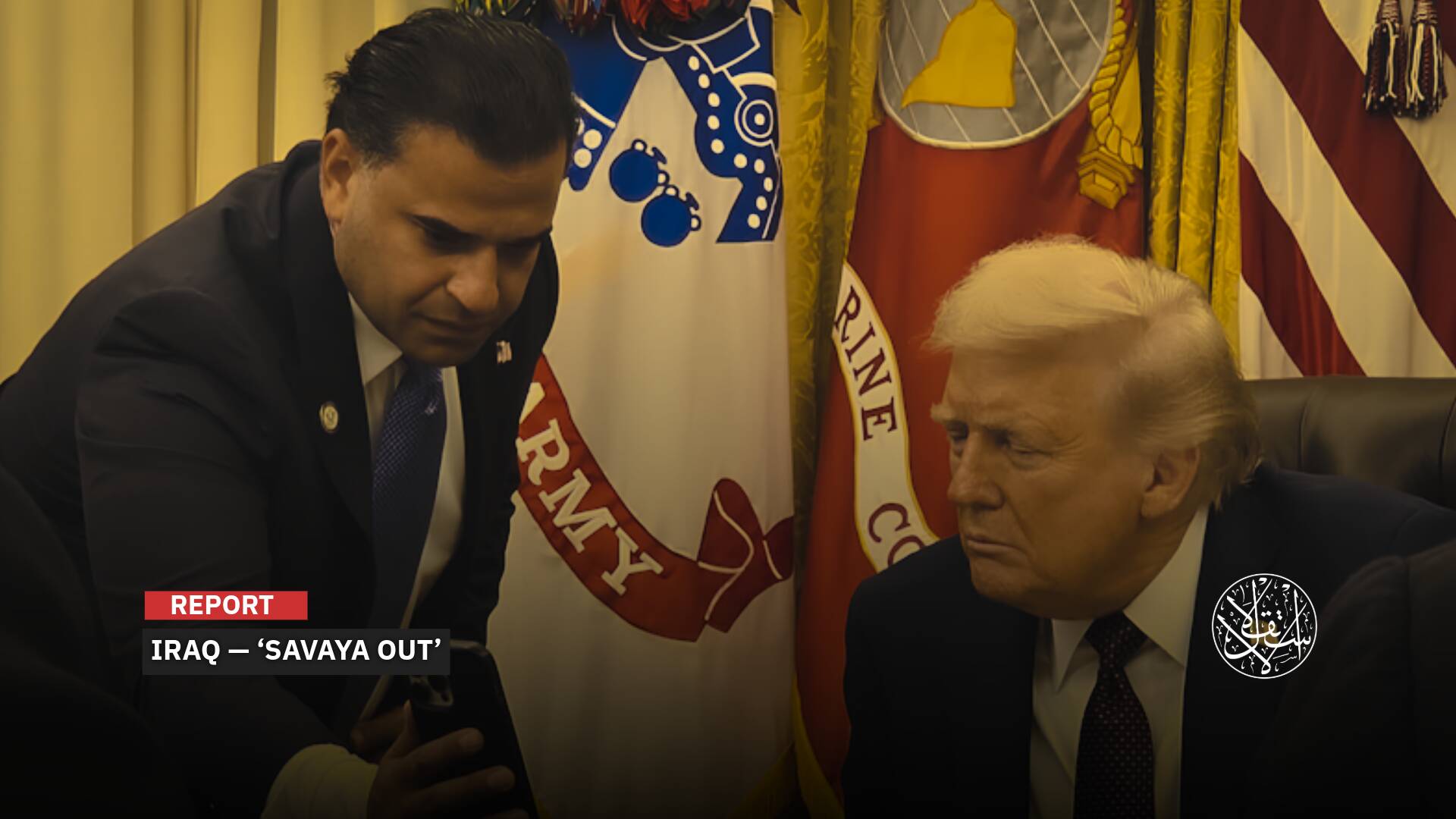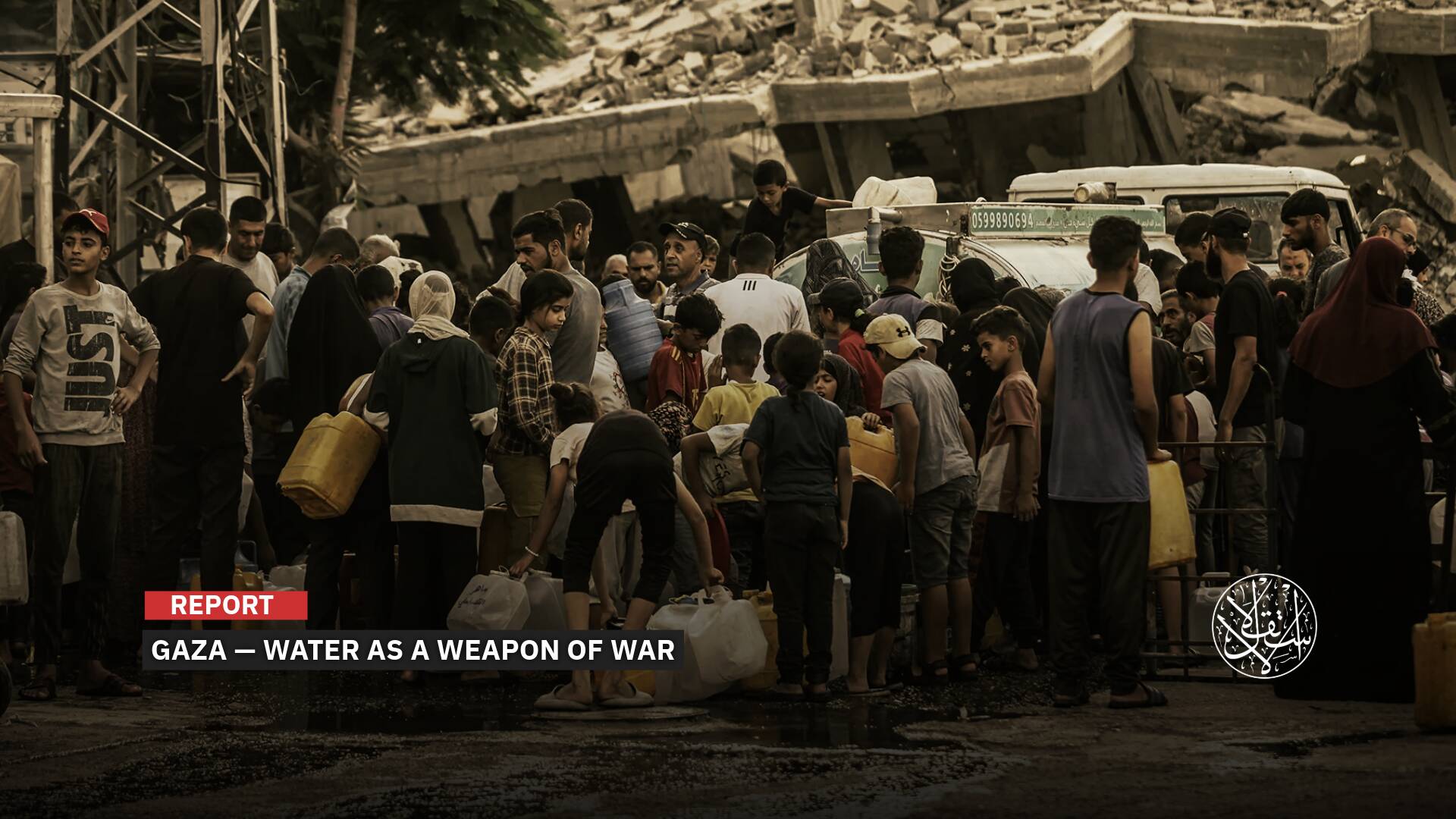An Uncertain Future: Will ECOWAS Threats Turn Into a Regional War in Niger?

The Economic Community of West African States (ECOWAS) set the date for the invasion of Niger, although it did not announce it, while the coup leaders showed no sign of backing down and restoring President Mohamed Bazoum to power.
ECOWAS had given the coup leaders in Niger until August 6 to retreat, otherwise the war would inevitably break out.
However, the coup leaders did not back down and announced the trial of the ousted President Bazoum on charges of high treason and a transitional period of 3 years.
As a result, the leaders of the ECOWAS armies met to make the decision to go to war, which appears to have already been done at the emergency ECOWAS summit in Ghana that concluded on August 18.
ECOWAS leaders believe they must act after Niger became the fourth country in West Africa to witness a military coup since 2020, after Guinea, Mali, and Burkina Faso.
On the other hand, the putschists accuse France of being the main instigator of the trend toward military intervention by ECOWAS to restore Bazoum to power and push it to impose sanctions on Niamey, while other international parties, most notably the United States, are seeking to intensify diplomatic efforts to end the crisis.
Members of Niger’s presidential guard, headed by General Abdourahamane Tiani, seized power last month, drawing condemnation from Western countries and ECOWAS, which decided in the middle of this month to activate a reserve military force.
Until now, the future of Niger and the entire West African region remains open to all possibilities. Will ECOWAS carry out its military threat to defeat the coup leaders, or will matters settle down and France and the West will accept the fait accompli?
Potential War
It has become clear that the winds of war have begun to blow in the Sahel and Sahara region of West Africa, with the decline in negotiations for a political solution to resolve the crisis in Niger following the coup that overthrew President Mohamed Bazoum on July 26.
Military experts believe that the voice of military intervention in Niger has become the loudest, according to ECOWAS’ assertion that it is ready to send troops to Niger to restore constitutional order.
Mali and Burkina Faso said, in a joint statement on the evening of August 24, that Niamey had allowed the armed forces in Bamako and Ouagadougou to intervene on its territory in the event of an attack.
It is noteworthy that pivotal countries announced their rejection of the expected military intervention in Niger, most notably Russia, Turkiye, Algeria, and Egypt, while Mali and Burkina Faso considered that the military intervention in Niger would be tantamount to declaring war on them, which is considered the biggest obstacle to the possibility of military intervention.
According to African press reports, ECOWAS began last week mobilizing its forces from the Nigerian army in towns near Niger, but it is not clear whether this is a prelude to the start of the war.
ECOWAS soldiers have intervened in emergency situations since 1990, including in wars in Liberia and Sierra Leone.
The other problem that ECOWAS forces suffer from before the start of the war in Niger is related to logistical capabilities and the ability to move forces from one place to another quickly, and this is also one of the main reasons for the delay in military intervention.
In a qualitative development of the crisis resulting from the coup in Niger, the ruling junta put all the Nigerian armed forces and security forces on high alert in anticipation of an attack by ECOWAS.
According to observers, what is happening in the Sahel region is a confrontation between two camps: the democrats and the putschists.
The putschists support the junta, and include: Mali and Burkina Faso (each under the authority of a ruling military council after the 2022 coups) and Guinea (under the authority of the 2021 coup).
As for the democrats, they are the countries that supported the military intervention, and include Senegal, Ivory Coast, Nigeria, and Ghana at the official level, while the Senate in Nigeria, and a number of states bordering Niger, refused military intervention.
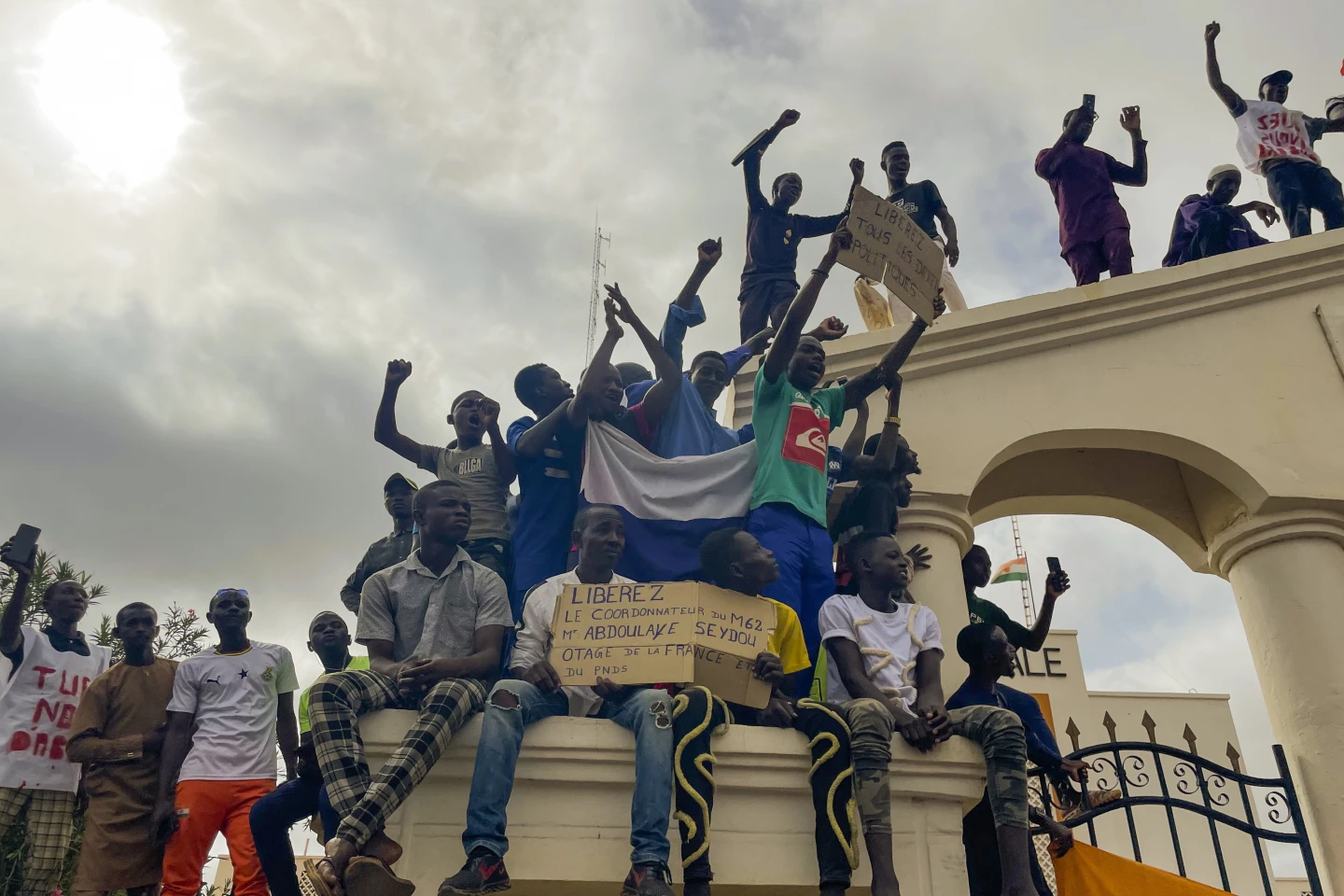
Niger Crisis
After the African Union announced on August 22 the suspension of Niger’s membership, questions arose about whether the regional bloc, as well as ECOWAS, would bet on political and diplomatic tools and economic pressures to resolve the crisis raging in Niger.
In the absence of any signs of the coup leaders retreating under threats of military encroachment, the economic and political sanctions paper that ECOWAS and the African Union enshrine may be an alternative, according to observers.
However, the political and economic isolation of the country will increase the suffering of the Nigerians in the country, which has a poverty rate of 48.9%, which may put the putschists in front of a difficult situation to deal with.
Although Mali and Burkina Faso witnessed coups during the past two years, ECOWAS and the African Union did not impose harsh sanctions on these two countries in the African Sahel, as happened this time with Niger.
Asbab platform, specialized in political and strategic analysis, monitored 4 scenarios regarding the future of the coup in Niger, noting that this coup will reshape the country’s internal equation and will have geopolitical implications for the Sahel region and West Africa as a whole.
The first scenario is the success of the military council in consolidating power in Niger and not endangering the interests of Western countries.
As for the second scenario, the junta will step down peacefully due to great internal resistance and a split in the ranks of the army.
The third scenario revolves around the international community, led by ECOWAS and with the support of the major powers, giving priority to a diplomatic solution to the crisis in Niger and making greater efforts to mediate between the junta and the isolated civilian government.
The last scenario is military intervention amid Western pressure to prevent a possible transformation of Niger into the Russian sphere of influence, which the analytical platform has ruled out during the current period.
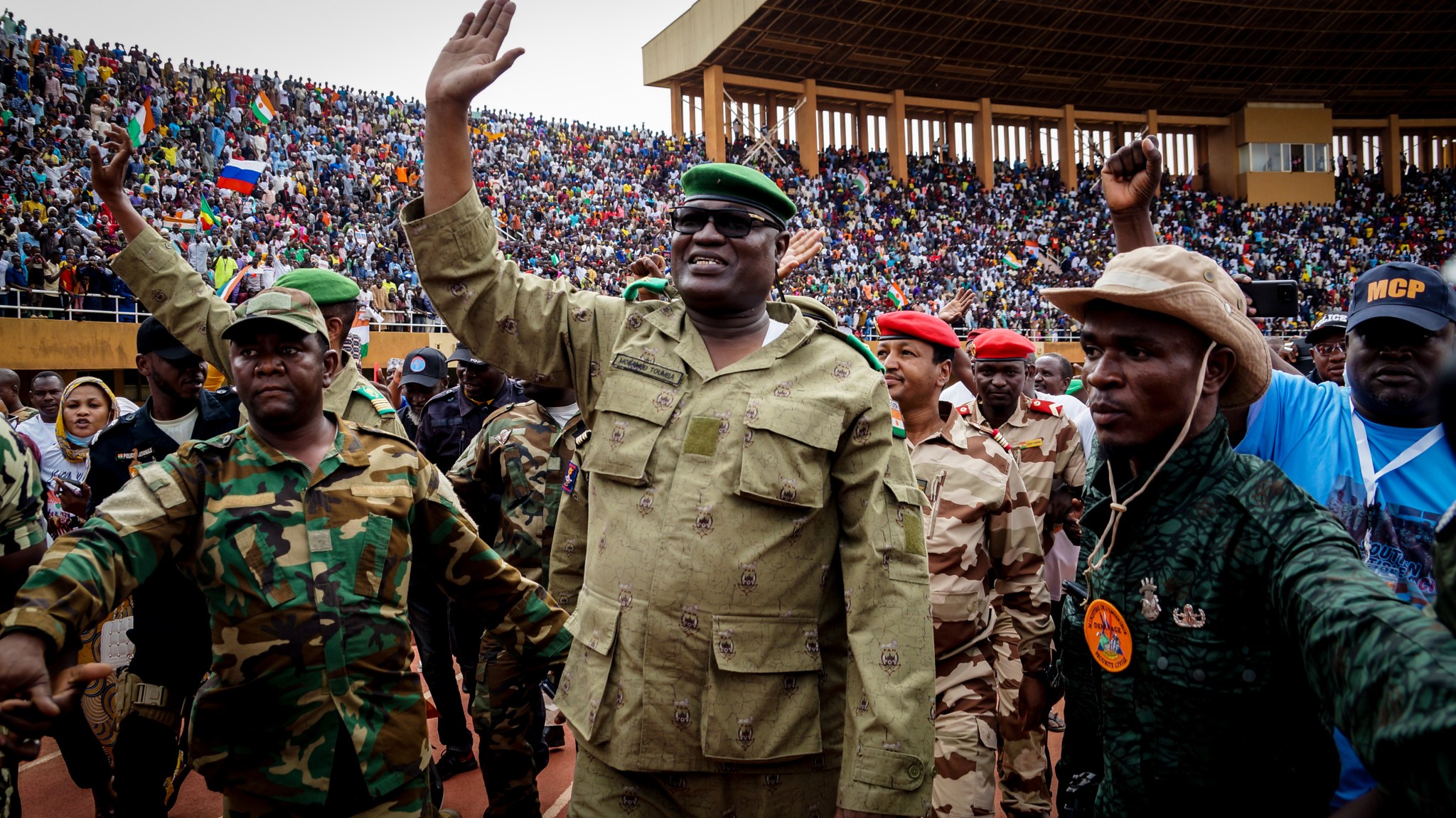
U.S. Predicament
Niger is of strategic importance to the U.S. in particular because of its role as a center for U.S. forces on the African continent, and therefore Washington’s position on what is happening now is a dimension that is difficult to ignore.
What is remarkable about this crisis is that the Pentagon, the White House, and even the U.S. State Department do not use the term military coup when talking about what is happening in Niger.
In this regard, an analysis of the American magazine Responsible Statecraft shed light on the dilemma faced by the administration of U.S. President Joe Biden there.
If the U.S. fails to prevent the war in Niger and the ECOWAS threats turn into a fait accompli, Washington will be forced to evacuate its forces stationed there as soon as possible so as not to find itself involved in a regional war.
Niger, which hosts a drone base near the city of Agadez and employs about 1,100 US soldiers, has received U.S. security and military assistance of about $500 million since 2016.
The U.S. air base in northern Niger is the main starting point for almost all of Washington’s reconnaissance and intelligence operations in West Africa.
Since the coup, the fleet of U.S. drones in the region, which previously operated from the base, has been grounded following the junta’s decision to close Nigerien airspace.
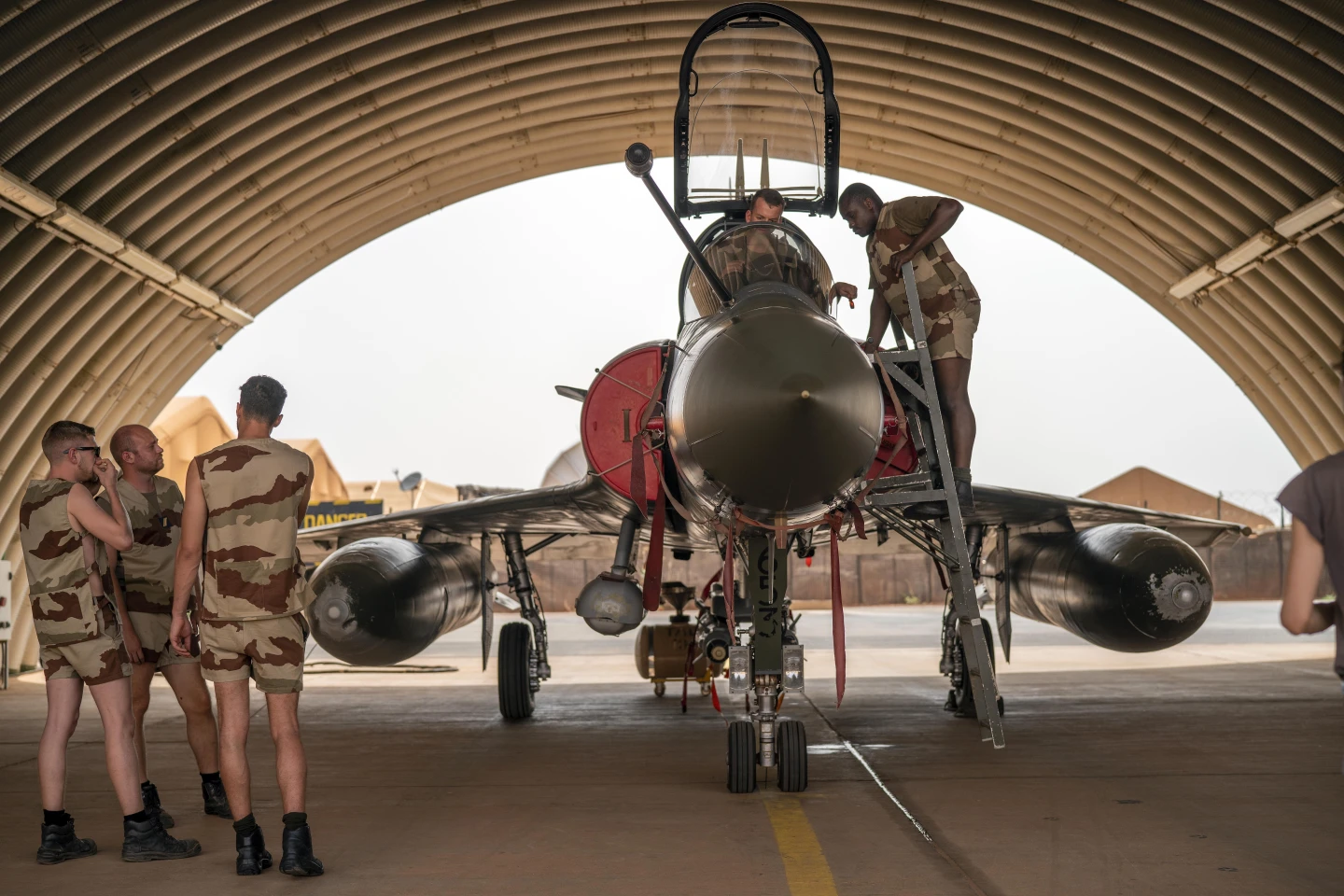
Russian Influence
Recently, the possibility of the West African Coast countries becoming an arena for a struggle for influence between Russia and Western countries has emerged, as Russia is working to strengthen its positions in the region through security, military, and logistical cooperation with the coastal countries.
According to observers, the ideological rapprochement between Russia and the countries of the Third World allows Russia to have a firm foothold on the western coast of Africa, the African coastal countries, in Asia, and other regions.
Western countries fear that the military council in Niger will follow the example of its counterpart in neighboring Mali, where the military government expelled the French forces and invited fighters from the Russian private military Wagner Group, which recently welcomed the coup in Niger.
A senior adviser to Ukraine’s president insisted, without evidence, that Russia instigated the coup.
Bloomberg covered the coup as the latest evidence for the Long Arm of the Kremlin.
Newsweek declared that Niger’s coup meant The Countdown to the Next Great War Has Begun in Africa, as it titled its report.
The West fears that Russia will take advantage of the unrest in Niger through Wagner mercenaries, especially with the security challenges facing the countries of the western coast, which raises questions about the ability to confront these threats and the response of military alliances.
There is a military presence of Wagner in several African countries, most notably the Central African Republic. According to foreign media estimates, the number of Wagner fighters in this country reaches about 2,000 fighters.
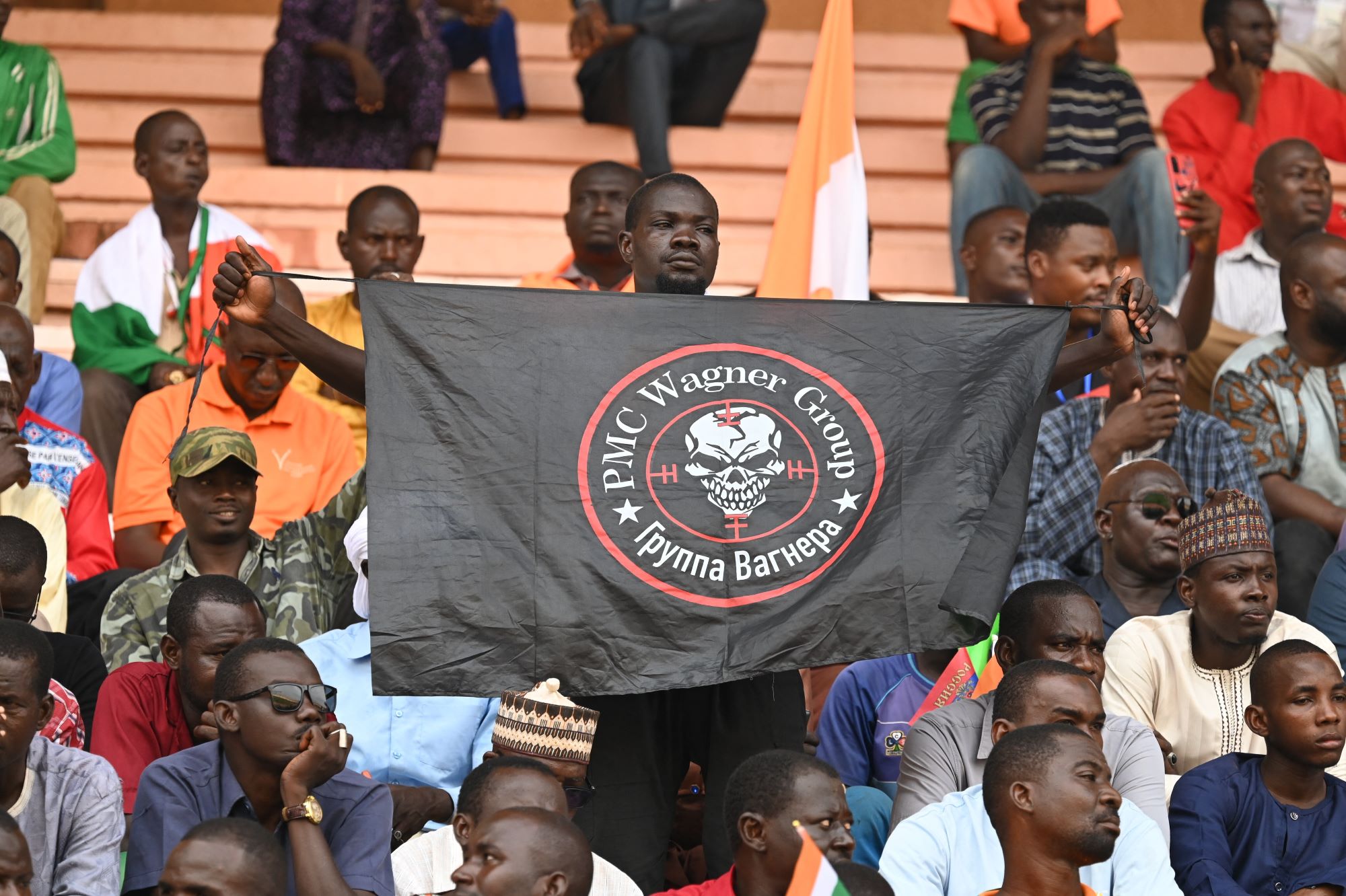
The Associated Press had said that a member of the coup group turned to the Wagner Company to ask for help, as the Russian military company was supposed to be a guarantee that the new authorities in Niger would retain power in their hands.
A report by the Russian News Re website quoted an expert in African military affairs, Sergey Eledinov, as saying that things may develop into a major war in Africa, making Wagner’s intervention inevitable, pointing out that in such a difficult situation, the time has come for Wagner fighters to arrive in the region.


